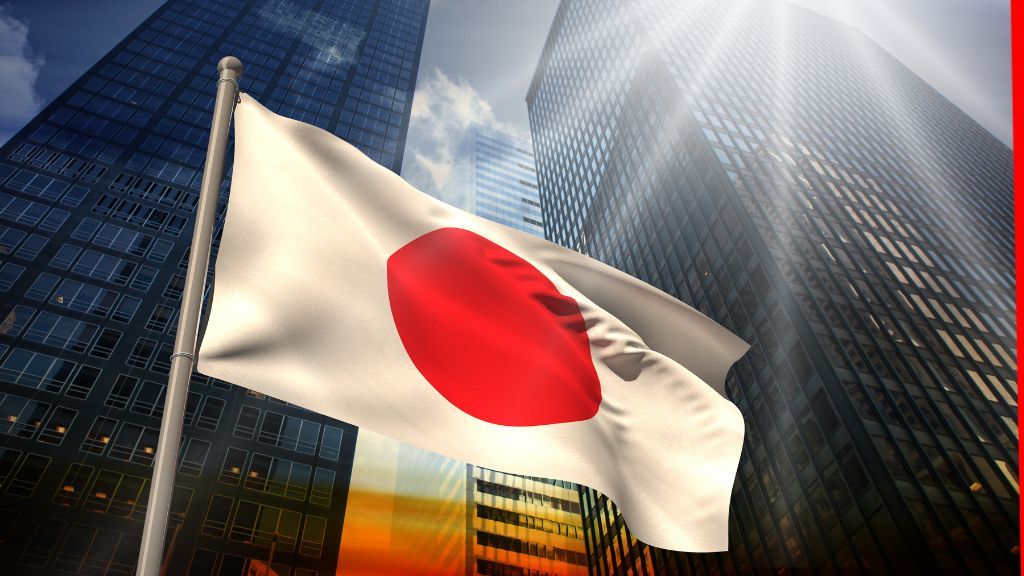
Japan is moving to resume the bidding process for integrated resort (IR) casino licences, with the goal of awarding two additional permits by the end of 2027. According to a Hokkaido Shimbun report, this would complete the initial framework set out in the 2018 legislation that allows for up to three casino resorts in the country. So far, only one licence has been granted, with MGM Osaka now under construction.
The renewed effort comes after an unofficial survey conducted by the central government in late 2023 indicated that several prefectures, including Hokkaido, had shown renewed interest in applying. The Japan Casino Regulatory Commission, having issued only one licence to date, is expected to reopen applications within the year.
Speaking with SiGMA News, John Calderon, an iGaming consultant, said Japan’s move is a win for the industry. “Japan’s move to potentially award more integrated resort (IR) licenses is seriously exciting. Global operators are going to be all over this, vying for a slice of the massive Japanese market. Expect some innovative new gaming experiences and a healthy injection of investment into the Japanese economy,” Calderon said.
“It’s looking like a win-win for everyone – new opportunities for the country and potentially some seriously cool new entertainment for players,” he added.
MGM Osaka’s development is seen as the country’s first major step into the casino resort sector. The project, valued at ¥1.27 trillion ($8.8 billion), is scheduled to open in 2030 on Yumeshima Island. As Japan’s first IR, it is expected to play a key role in shaping investor confidence and guiding future development models.
The local media reported that Tokyo is once again emerging as a possible candidate for an IR licence after years of hesitation and political resistance. When the IR process began in 2019, Tokyo was viewed as the most lucrative potential location, given its population, infrastructure, and role as Japan’s international gateway. However, uncertainty around the city’s political will prompted many international operators to turn their attention elsewhere, including Yokohama, which later rejected casino development.
Meanwhile, Hokkaido, the second-largest island in Japan and home to more than five million residents, is also reconsidering its previous decision to forgo participation in the IR programme. The prefecture had drawn the attention of several well-established operators, including Hard Rock International, Mohegan Gaming, and Rush Street Japan, prior to its withdrawal.
Last week, construction of MGM Osaka began following a groundbreaking ceremony attended by officials and executives. The development includes three hotels with 2,500 rooms, conference and exhibition spaces, a shopping mall, entertainment venues, and a casino that occupies just 3 percent of the resort’s total floor area.
The Osaka project is expected to contribute over $1 billion annually to the regional economy and approximately $750 million to the national government through taxes and entry fees.
However, Calderon said that before Japan throws open the doors even wider, it’s crucial to tackle the existing black and grey markets. “A robust legal framework, alongside a crackdown on illicit activity, will build a fair and transparent system. This proactive approach could prevent a flood of illegal gambling and ensure the benefits of legal IRs are maximized,” he concluded.